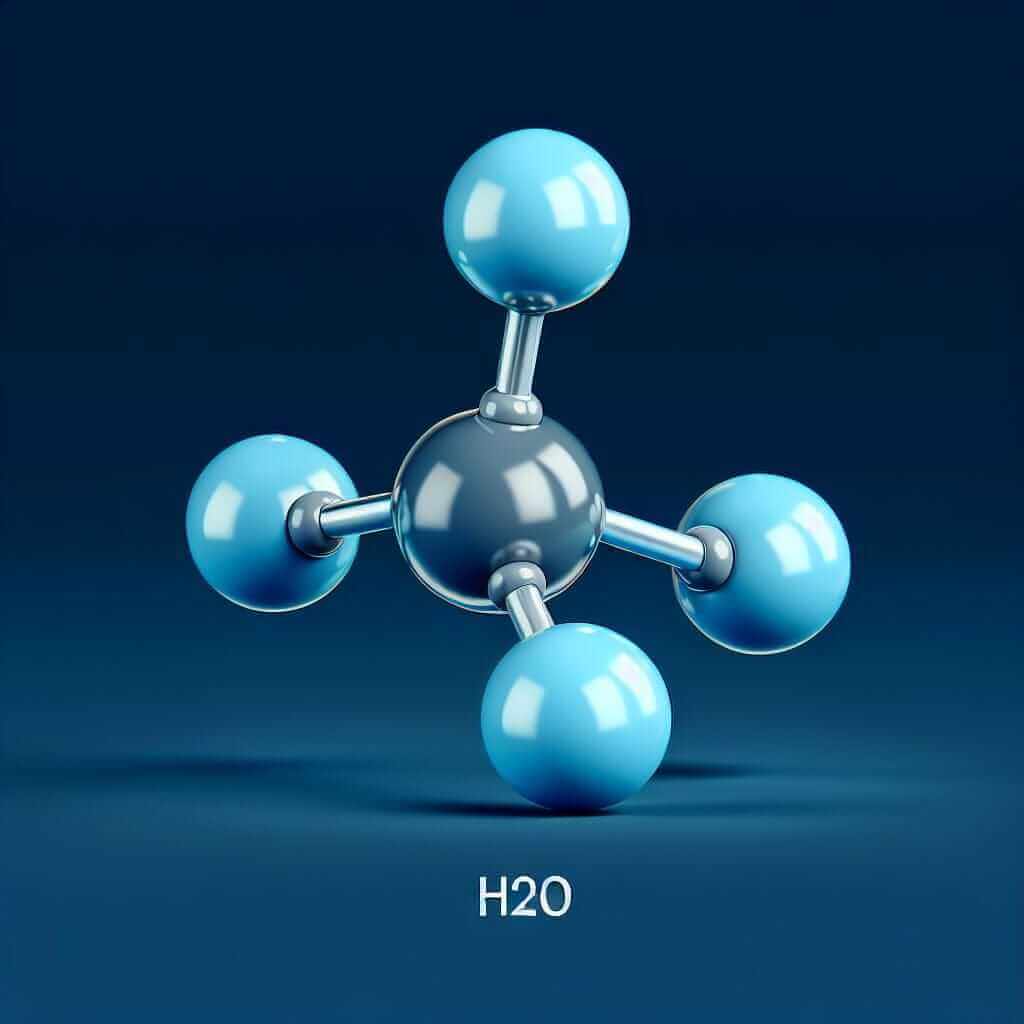The word “molecule” (/ˈmɒl.ɪ.kjuːl/) is a noun that holds significant weight in scientific contexts, particularly in biology and chemistry. It refers to the smallest unit of a chemical compound that can exist independently while retaining the chemical properties of that substance. Essentially, it’s the building block of matter as we know it.
Nội dung bài viết
Synonyms and Related Terms:
- Atom: (/ˈæt.əm/) (noun) – The basic unit of a chemical element.
- Compound: (/ˈkɒm.paʊnd/) (noun) – A substance formed from two or more elements chemically united in a fixed ratio.
- Particle: (/ˈpɑː.tɪ.kl/) (noun) – A minute portion of matter.
- Bond: (/bɒnd/) (noun) – The force that holds atoms together in a molecule.
- Structure: (/ˈstrʌk.tʃər/) (noun) – The arrangement of atoms within a molecule.
Example: Water (H2O) is a compound formed when two hydrogen atoms bond with one oxygen atom, creating a water molecule.

Breaking Down “Molecule” for IELTS
1. Definition and Pronunciation
It is crucial to understand the precise definition of “molecule” and be able to pronounce it correctly (/ˈmɒl.ɪ.kjuːl/). Mispronunciation can affect your fluency and clarity during the speaking test.
2. Relevance to IELTS
While “molecule” might not be a high-frequency word in general English, it can appear in IELTS, especially in:
- Listening Section: You might encounter “molecule” in lectures or discussions related to science, health, or the environment.
- Reading Section: Passages on scientific discoveries, technological advancements, or even health articles may utilize this term.
- Writing Section: If you’re writing about topics like pollution, water treatment, or even the benefits of certain foods, you might find yourself using “molecule.”
- Speaking Section: While less common, if you’re discussing a scientific topic or your interest in a science-related field, you could potentially use “molecule.”
3. Using “Molecule” in IELTS
Listening Example:
- Script: “Scientists have discovered a new molecule in deep-sea organisms that could have potential for treating cancer.”
Reading Example:
- “The unique properties of water are due to the polar nature of the water molecule, allowing for hydrogen bonding.”
Writing Example:
- “Air pollution consists of harmful molecules and particulate matter that can damage the respiratory system.”
Speaking Example:
- “I’m fascinated by how molecules interact to form the building blocks of life.”
4. Collocations with “Molecule”
- Complex molecule: “Proteins are complex molecules essential for various biological processes.”
- Organic molecule: “Carbon is a key component of all organic molecules.”
- Molecule structure: “Understanding the molecule structure is crucial in drug development.”
- Molecule size: “The molecule size influences its ability to pass through cell membranes.”
- Break down molecules: “Enzymes help to break down molecules during digestion.”
5. Idioms and Phrases (While there are no direct idioms with “molecule,” you can use it figuratively):
- “The new research added another piece to the molecule of our understanding of the human brain.” (meaning it added a small but significant piece of information)
- “Her innovative approach seemed to reconfigure the molecules of the traditional business model.” (meaning it completely changed the established way of doing things)
Conclusion
Mastering scientific vocabulary like “molecule” can significantly enhance your IELTS score, particularly in the listening and reading sections. By understanding its definition, usage in context, and related terms, you can confidently approach a wider range of IELTS passages and tasks. Remember to practice using “molecule” in your own writing and speaking to improve your fluency and accuracy.